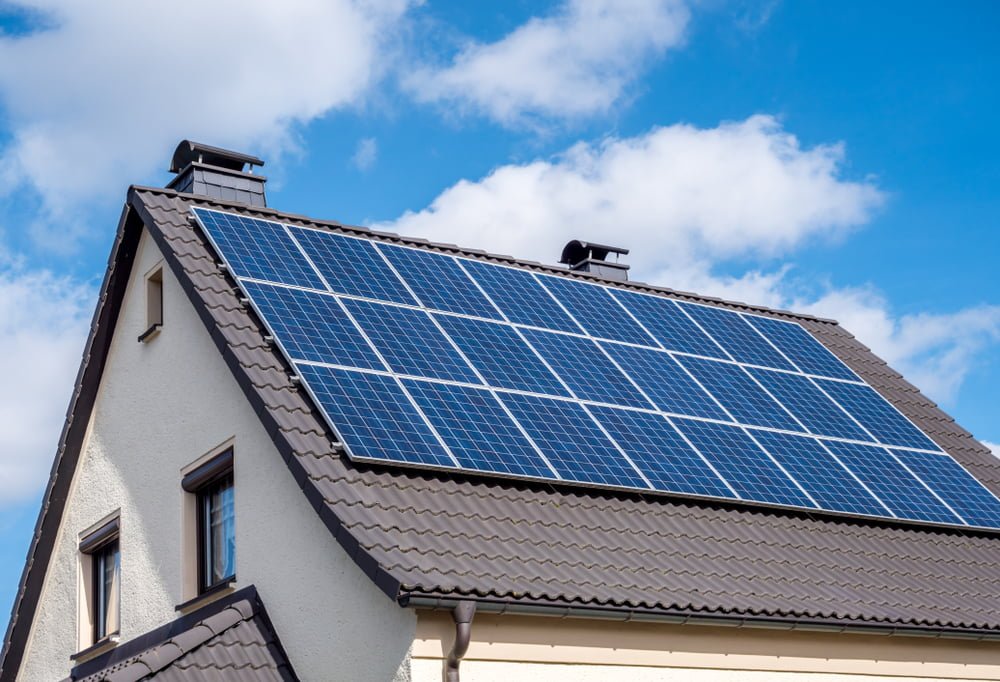
As many who have gone this route are well aware, solar panels and their related systems are generally considered a long-term investment. They're meant to help you replace your reliance on the local power grid, allowing you to create your own energy over a long period of time -- and one factor that's important within this realm is the lifespan of the panels themselves.
At Intermountain Wind & Solar, we're proud to offer a wide range of commercial and residential solar panel products, including installation of the Tesla Powerwall battery backup to help clients store and best utilize their generated power. How long do solar panels typically last, what are the factors that may impact their lifespan, and how can you extend this lifespan with quality care? Here's a basic primer.
While it may seem like this is a pretty simple area to assess, it's more complex than you might think. Solar panels are generally designed to last between 25 and 30 years -- but there are several additional factors to evaluate.
Specifically, many solar panel manufacturers offer their warranties based on what's known as the "degradation" period they're likely to fall under. This refers to how quickly your panels are expected to lose their ability to generate power through the natural process of degradation. As you might suspect, this degradation period can impact how much time your panels have left before they're no longer effective at all -- which is why it's important that you understand these terms.
That 25-30-year number we mentioned is typically meant to cover the "useful life" of the panels, or the period before significant degradation (but still enough to generate power) and before the panels need replacing outright. Once panels have outlived this useful life period, it doesn't meant they can't produce power at all -- but rather that they're not as effective as they were when they first came online.
There are other factors that come into play, such as the monthly degradation rate of your panels and the impact of extreme weather on their ability to function. There are some cases where panels past their useful life should be immediately replaced, but others where you may choose to product energy at a lower level -- this depends on your specific case, and it's wise to discuss these factors with a solar professional.
As with any investment you're making, it's important to understand the terms of your agreement -- and with solar, those numbers aren't as simple as they sound. You'll likely want to talk about them in depth with a qualified expert who can walk you through the options for your unique circumstances.
Over enough time, all solar panels will degrade to some level. However, there are several specific weather elements that may play a role in the speed of this degradation, including:
If we're being honest, there's no way you can truly stop solar panels from degrading -- it's a simple reality of physics. That said, you can take a few basic steps to slow the process down, including:
For more on the lifespan of your solar panels and how to maximize it, or to learn about any of our other solar power services, speak to the pros at Intermountain Wind & Solar today.





"All of the photos on this website are of real projects that Intermountain Wind & Solar has designed and installed.
We are proud to show off and stand behind our work."